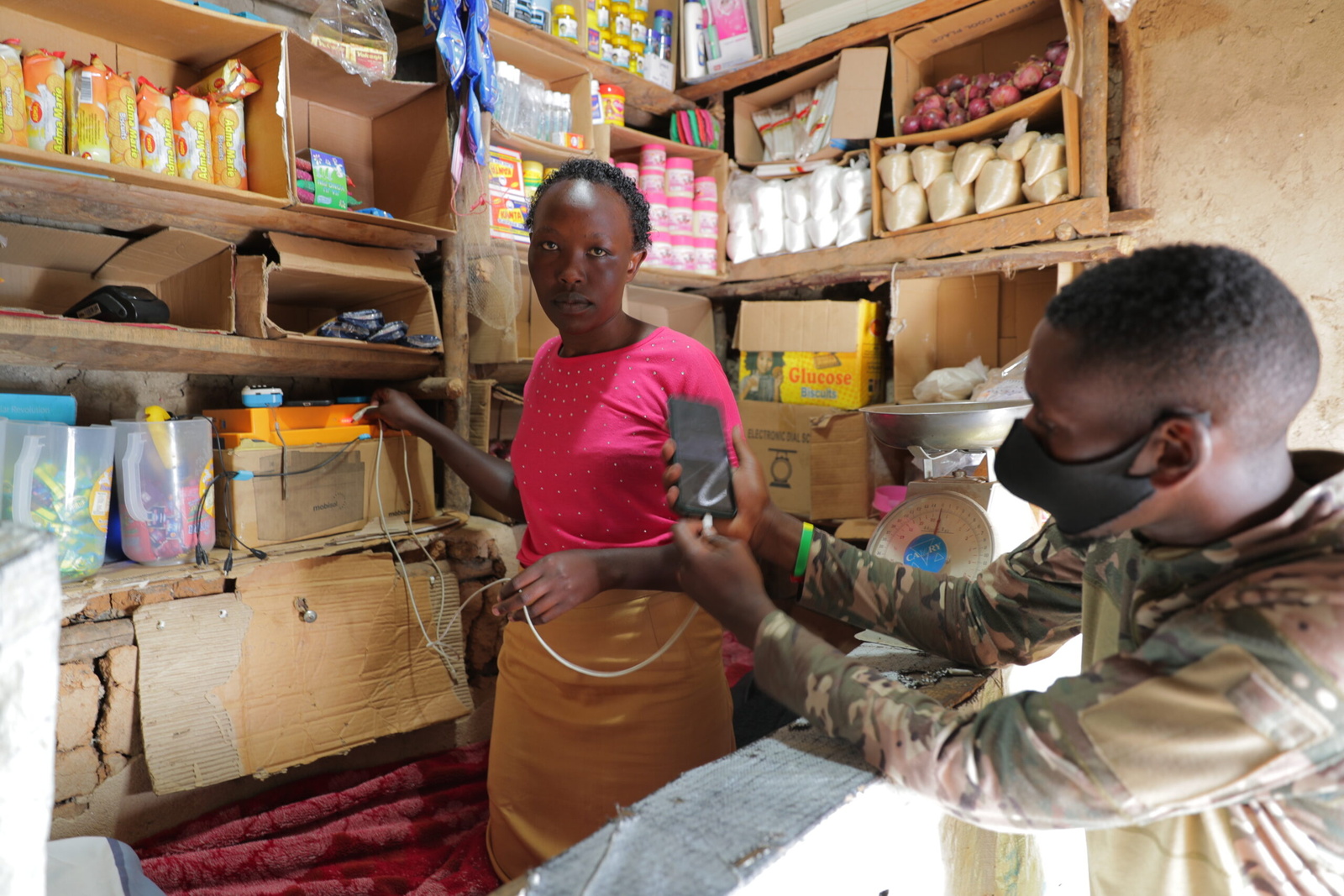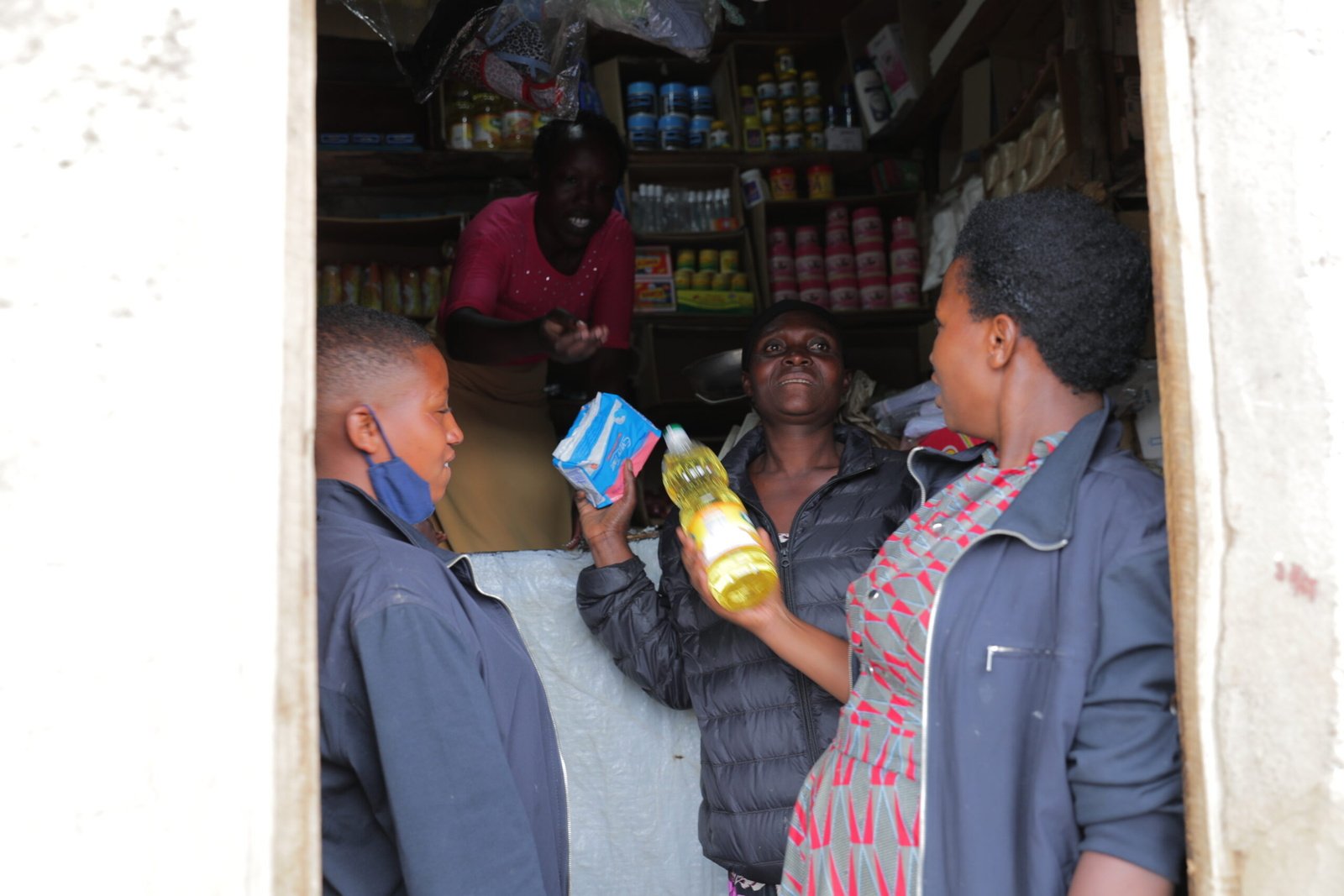Grace, the refugee entrepreneur

Grace, the refugee entrepreneur
When it comes to running a business, 23-year-old Grace is a natural. She has a shop in southern Rwanda, selling vegetables and home supplies, and for the past two years her business has been thriving. But things haven’t always gone this smoothly.
In 2012, her life in the Democratic Republic of the Congo was uprooted by war. Trying to escape the violence, Grace, her four siblings and their mother began what would turn out to be a month-long journey to Rwanda, finally arriving in Kigeme Refugee Camp.
Life in the camp was safer but far from ideal. With evenings shrouded in darkness due to a lack of electricity, it was difficult for the family to work, clean and live their lives. When their mother passed away and her brother went missing – not long after their arrival in Rwanda – Grace had to step up to assume the role of caretaker and guardian for her three younger sisters.
“I try to fulfill my responsibilities, but this doesn't mean that there are shortcomings. I try my best,” she says, thoughtful.
Trying to provide for her family and satisfy her entrepreneurial spirit, Grace opened her shop in 2018. While the extra income was essential to keep them afloat, sales were slow. Grace had to close the doors every day before sunset, when it became too dark and risky to keep working and walk home.
This all changed in 2020, when solar system was installed in her store as part of the Renewable Energy for Refugees project (RE4R). Funded by the IKEA Foundation in partnership with UNHCR and Practical Action, this project brought solar systems and lights to common areas, walkways, houses, and businesses in refugee camps in Rwanda, benefiting 50,000 refugees.
Thanks to this access to renewable, affordable and reliable energy, Grace has been able to work longer hours and could even expand her business to other activities, like charging electronics for a small fee. Taking charge of her future, she now has high hopes for the life she and her sisters are building together.
“My shop is called Nitezimbere. After getting solar energy, my business started growing, and I could even offer employment to other young refugees. This project is very useful to us,” she says with a wide and bright smile. “My message for other women is that using solar energy is very good, because it helps in improving our livelihoods and facilitating our lives.”




